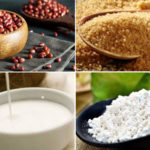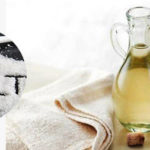3 types of water that kidneys fear the most
Overnight water
Many people believe that water that has been boiled and left to cool has no expiration date. But in reality, water that has been left overnight can be contaminated with bacteria.
The reason is that after boiling, some chlorine in the water is removed. Chlorine is usually used to disinfect water, so water left overnight becomes a breeding ground for bacteria to grow and thrive. Drinking this water can be harmful to the organs in the body, especially the kidneys, and can have serious effects on health.
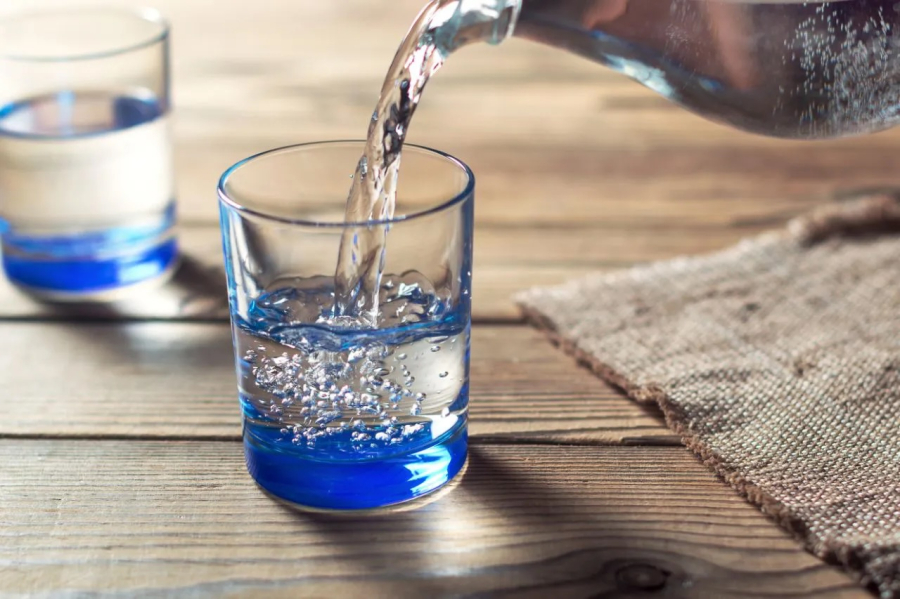
Concentrated tea
This beverage has many health benefits, but if consumed incorrectly, it can have unexpected consequences. Concentrated tea contains a lot of fluoride, and if consumed regularly, it can be harmful to the kidneys because the kidneys are responsible for excreting fluoride from the body. Consuming too much fluoride and storing too much can cause damage to the renal cortex and renal tubules.
Furthermore, the habit of drinking tea after consuming alcohol can be more harmful to the kidneys because concentrated tea contains a lot of theophylline, which has a diuretic effect. When tea and alcohol enter the kidneys at the same time, they put additional burden on the kidneys and cause damage to this organ.
Carbonated drinks
Drinking a lot of these types of beverages can cause kidney-related problems such as increased blood uric acid and other serious illnesses. The reason is that these drinks contain a lot of chemical sugars, which put pressure on the excretory system and make the kidney’s functioning process much more difficult. Therefore, it is advisable to give up this habit early on to protect overall health, especially the kidneys.
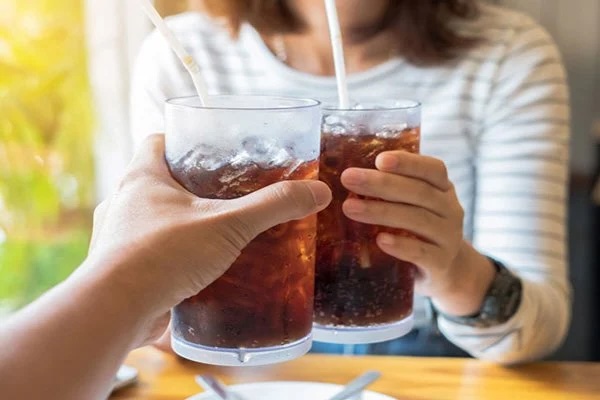
3 things that white liver fears the most
Salt
In Vietnamese meals, salt is an indispensable condiment. But if consumed in excess, it can cause liver-related diseases, which can be very dangerous for health.
The habit of eating too much salt will increase the metabolic burden on the liver and hinder the excretion of excess waste products. In the long run, it will reduce the liver’s functioning capacity.
In addition, the liver also needs to metabolize dietary salt into excretory channels through urine. Long-term consumption of salt-rich foods can impair liver function and cause excessive calcium loss in the body.
Sugar
One of the liver’s enemies is sugar if consumed in excess. Regular consumption of sweets can result in an excessive amount of sugar entering the body, which will be metabolized into a large amount of fat and increase the pressure on the liver’s fat metabolism. Moreover, this excess fat can accumulate around the liver, leading to fatty liver disease.
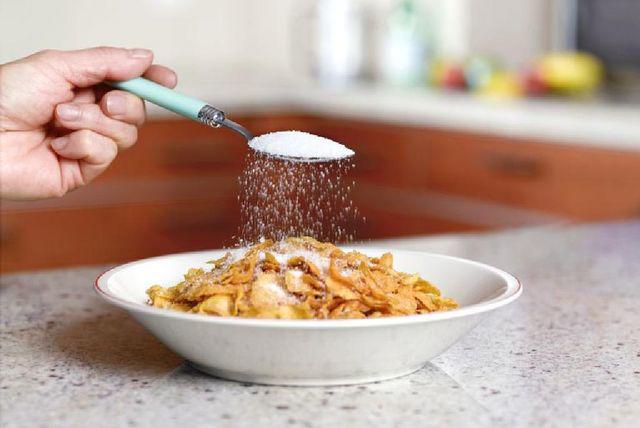
Alcohol
Frequent alcohol consumption puts extra pressure on the liver. Accumulated alcohol that is not metabolized in time can cause oxidation of the lipid components of the liver cell membrane and damage the health of the liver cell membrane. Over time, the liver cell and other structures will undergo transformation, leading to liver swelling and necrosis, causing serious liver diseases due to alcohol.
The most typical is fatty liver, which then progresses to hepatitis, cirrhosis, and ultimately liver cancer.
Boiled and cooled water, if left overnight, can be a breeding ground for bacteria as some chlorine (a disinfectant) evaporates. Consuming this water can be harmful to the kidneys and other organs, potentially leading to serious health issues.
While tea offers health benefits, concentrated tea contains high levels of fluoride. Regular consumption can impact the kidneys, which are responsible for excreting fluoride. Excess fluoride can damage the renal cortex and renal tubules. Additionally, theophylline in tea, when combined with alcohol, can have a diuretic effect, putting extra strain on the kidneys.
Carbonated drinks often contain high levels of chemical sugars, which put pressure on the excretory system, including the kidneys. This can lead to increased blood uric acid and other kidney-related problems, so it is advisable to limit or avoid their consumption.
Salt, sugar, and alcohol are the three main culprits when it comes to liver health. Excessive consumption of these can lead to dangerous liver diseases.
Salt is common in Vietnamese cuisine, but too much can increase the metabolic burden on the liver and hinder waste excretion. Over time, this can reduce the liver’s functioning capacity and impair its ability to metabolize salt, leading to excess calcium loss.
Excessive sugar consumption can lead to a build-up of fat in the liver, resulting in fatty liver disease. This puts extra pressure on the liver’s fat metabolism processes.
Alcohol consumption puts the liver under strain. If not metabolized in time, alcohol can oxidize the lipid components of liver cells, damaging the cell membranes. This can lead to liver swelling, necrosis, and serious diseases such as hepatitis, cirrhosis, and liver cancer.



























